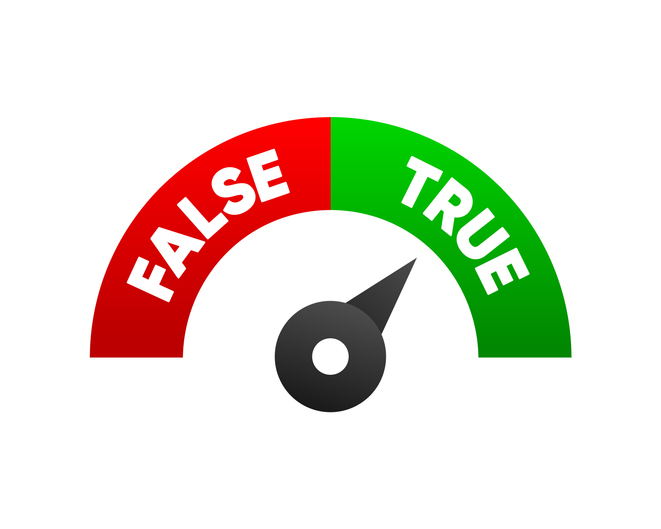Key Findings
- Initiative 2066 would repeal recently adopted regulations that prevent natural gas hookups in new homes and require existing homes to transition from natural gas to electric heating.
- The initiative would guarantee that homeowners would have access to natural gas for heating, cooking, and other uses.
- Repealing the new regulations adopted by the legislature and State Building Code Council will likely reduce the cost of new home construction and ongoing energy costs.
- Keeping the existing restrictions on natural gas heating would increase demand for electricity in upcoming years, exacerbating a predicted shortfall in energy production.
- Despite the claim that natural gas cooking appliances increase asthma, research shows there is no increase in asthma in relation to indoor NO2 exposure from gas cooking.
Introduction
As part of the effort by the Inslee Administration to eliminate CO2-emitting fuel in Washington state, there have been efforts to prevent homeowners from using natural gas for home heating or cooking. Two of these efforts culminated during the past year, with the State Building Code Council (SBCC) adopting a new energy code that essentially bans natural gas hookups in new homes, and the passage of House Bill 1589 which requires Puget Sound Energy (PSE) to force natural gas customers to switch to electric heating.
Arguing that these policies would increase the cost of energy and make Washington’s electrical grid more fragile, the Building Industry Association of Washington and Let’s Go Washington introduced Initiative 2066 to repeal the new limits on natural gas in the state. The legislature added an “emergency” clause to HB1589, which meant it could not be repealed with a referendum requiring 202,000 signatures but had to meet the higher threshold for an initiative of 405,000 signatures. Ultimately, Initiative 2066 sponsors collected more than 546,000 signatures – the second-largest total for an initiative in state history.
The title that will appear on November ballots reads, “Initiative Measure No.2066 concerns regulating energy services, including natural gas and electrification. This measure would repeal or prohibit certain laws and regulations that discourage natural gas use, and/or promote electrification, and require certain utilities and local governments to provide natural gas to eligible customers.”
With the state’s existing caps on CO2 emissions in place, the actions by the legislature and the SBCC don’t add anything to existing requirements to reduce emissions but are intended to dictate how a portion of those reductions will occur. The restrictions on natural gas are also way to prevent changes to the state’s CO2 limits by eliminating infrastructure necessary to deliver CO2-emitting fuels.
The legislation and new energy code make meeting existing CO2 goals more expensive. HB1589 says, “In order to meet the statewide greenhouse gas limits in the energy sectors of the economy, more resources must be directed toward achieving decarbonization of residential and commercial heating loads.” The bill allows utilities to increase consumer rates and recover the costs of making customers switch from natural gas to electricity. Those costs are in addition to the more than $2 billion collected by the state’s new CO2 tax.
The amendments to the state’s energy code would also increase costs. An analysis of a previous version of the proposed energy code changes by the Pacific Northwest National Laboratory found the proposals would add about $6,000 in lifetime costs by requiring heat pump space heating, and another $1,500 for a heat pump water heater. After the rules were modified, no new economic analysis was completed.
Additionally, when the State Building Code revised the proposal to address a court decision about Berkeley’s proposed ban on natural gas, councilmembers refused to update the economic analysis or complete the legally required elements of a Small Business Economic Impact Statement (SBEIS). Nowhere in the SBEIS did the Building Code Council calculate the impacts required in law. The statement does not provide evidence about “whether compliance with the rule will cause businesses to lose sales or revenue,” as required in RCW 19.85.040(1). It does not analyze the “costs of equipment, supplies, labor, professional services, and increased administrative costs.” There is no information about the “estimate of the number of jobs that will be created or lost as the result of compliance with the proposed rule,” as required in subsection (2)(d). Additionally, there is no comparison of the cost of compliance between small business and the largest business required to comply with the rules, using one of the following metrics: cost per employee, cost per hour of labor, or cost per one hundred dollars of sales. Instead of assessing the cost to comply with the new regulations, SBCC members adopted the rules without an assessment of the impact on small businesses or customers.
HB1589 also functionally eliminates Puget Sound Energy’s obligation to provide natural gas service to its existing customers, known as the “obligation to serve.” It requires PSE to engage in “transition of a portion of gas customers of the large combination utility with an intent to electrify loads of such customers” even if those customers don’t want to change the way they heat their homes.
Voting “Yes” would repeal the newly installed regulations and allow utilities to continue to provide natural gas service to residential customers and eliminate the requirements that would increase the cost of home construction and increase electricity rates to cover the cost of transition away from natural gas. Voting “No” would prevent new homes from using natural gas and would require Puget Sound Energy to begin forcing its natural gas customers to switch to electric heating.
→ Download the full Citizens' Guide←






